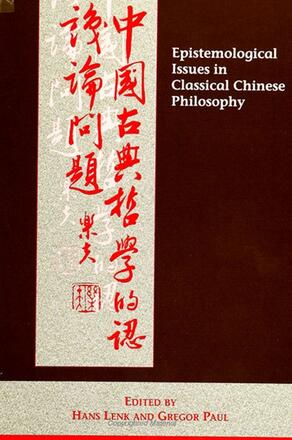
Epistemological Issues in Classical Chinese Philosophy
Alternative formats available from:
Description
This book shows that classic Chinese philosophy is as rational as Western approaches dealing with the problems of logic, epistemology, language analysis, and linguistic topics from a philosophical point of view. It presents detailed analyses of rational and methodological features in Confucianism, Taoist philosophy, and the School of Names as well as Mohist approaches in classical Chinese philosophy, especially in regard to ideas of valid knowledge.
The authors also provide new arguments against cultural relativism and antirational movements like religious fundamentalism that do not pay due attention to what all human beings have in common— to cultural universals.
Hans Lenk is Professor of Philosophy at Karlsruhe University, Honorary Professor of Social Science and Planning Theory at the European Faculty of Land Use and Development Strasbourg, President of the German Philosophical Association, and Vice-President of the European Academy of the Philosophy of Sciences and Law. Gregor Paul is Privatdocent of Philosophy at Karlsruhe University and Associate Professor of German Studies at Osaka City University.
Reviews
"The field of Chinese and comparative philosophy is a weak one at present. There simply has not been enough philosophically rigorous material produced. The present volume is a strong step in the right direction." — Michael R. Martin, University of Hong Kong